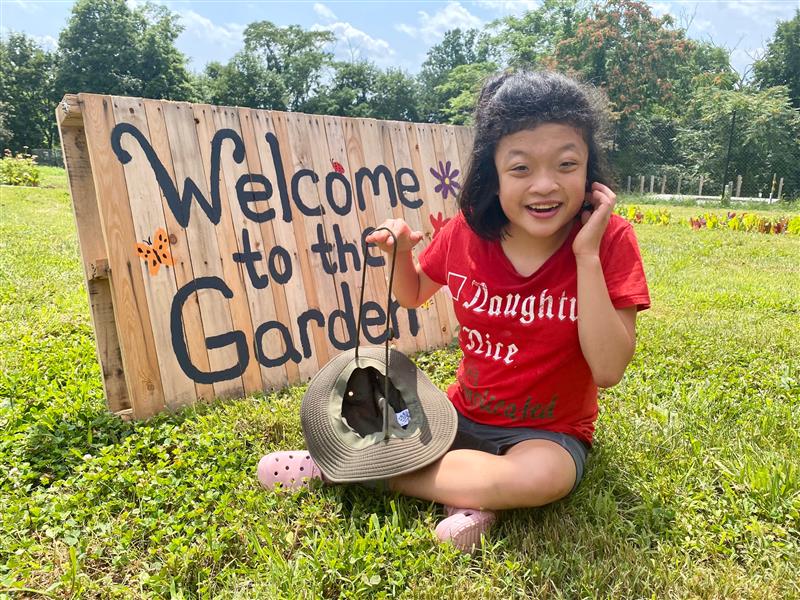Gardening offers a wealth of benefits for autistic individuals, providing therapeutic, educational, and sensory experiences that can enhance their well-being and development. Engaging with nature through gardening can be particularly beneficial, offering a calming and structured environment where individuals can thrive.
Gardening is an activity that promotes sensory integration, which is often a challenge for autistic individuals. The sensory-rich environment of a garden engages all the senses: the sight of vibrant flowers, the sound of rustling leaves, the smell of fresh soil, the taste of herbs, and the tactile sensation of different plants and textures. This sensory engagement can help autistic individuals process and integrate sensory information more effectively, leading to improved sensory modulation and a reduction in sensory overload.
Moreover, gardening provides a structured and predictable environment, which can be very comforting for autistic individuals who may struggle with changes in routine. The repetitive and rhythmic nature of gardening tasks; such as planting seeds, watering plants, and weeding, offers a sense of stability and control. This structure can help reduce anxiety and provide a safe space for individuals to learn and grow at their own pace.
Social interaction is another significant benefit of gardening for autistic individuals. Working in a garden often involves teamwork, collaboration, and communication, offering opportunities to develop social skills in a natural and non-pressuring setting. For instance, individuals can practice taking turns, following instructions, and working toward a common goal. These social interactions are crucial for developing communication skills and building relationships, both of which are essential for overall development.
Gardening also fosters a sense of accomplishment and self-esteem. The process of nurturing a plant from seed to maturity requires patience, responsibility, and care. Seeing the fruits of their labor can be incredibly rewarding for autistic individuals, providing a tangible sense of achievement and boosting their confidence. This sense of accomplishment can have a positive ripple effect, encouraging them to take on new challenges and fostering a growth mindset.
In addition to the personal and social benefits, gardening also can enhance academic learning for autistic individuals. It can be used as a practical tool to teach a variety of subjects, such as science, math, and nutrition. For example, students can learn about the life cycle of plants, measure growth rates, and understand the importance of healthy eating by growing their own fruits and vegetables. This hands-on, experiential learning approach can make abstract concepts more concrete and accessible, leading to better retention and understanding.
Shrub Oak International School recognizes the profound impact that gardening can have on our students and has incorporated an on-site garden into our program. The school’s garden serves as a hands-on learning environment where students can engage with nature, develop new skills, and enjoy the therapeutic benefits of gardening. By working in the garden, our students can experience the calming effects of nature, learn about plant biology, and develop a sense of responsibility and independence. The garden also provides a unique opportunity for students to work together, fostering teamwork and social interaction in a supportive and inclusive setting. We also use and sell the plants from our garden, so our students enjoy the fruits of their labor!








